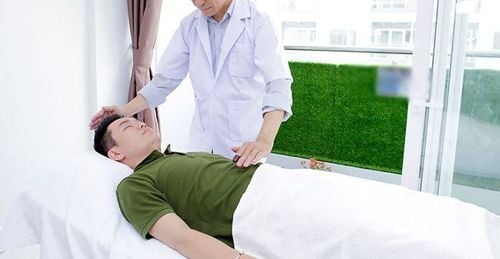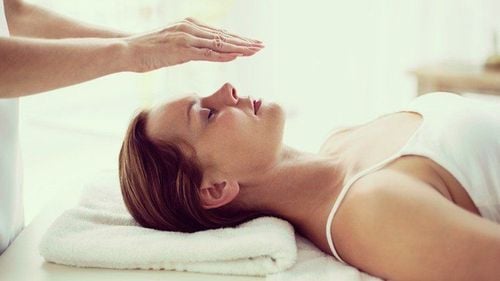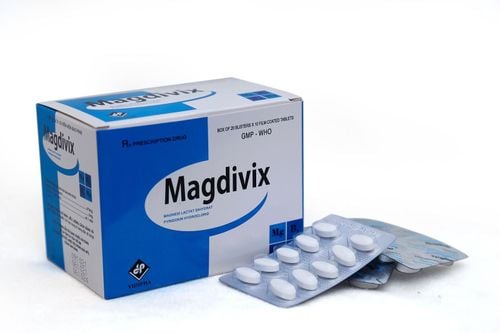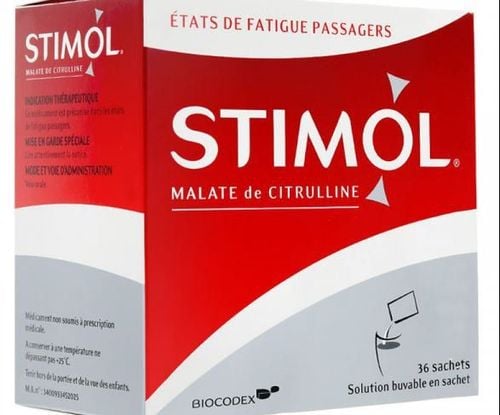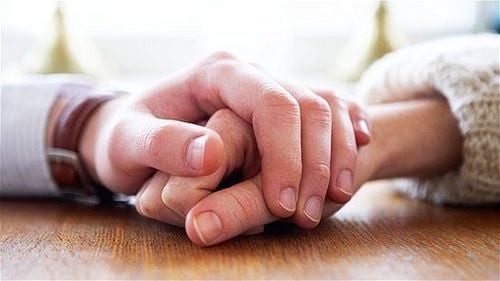This is an automatically translated article.
Articles by Master, Resident Doctor, Doctor Nguyen Thi Hang - Laboratory Doctor - Laboratory Department - Vinmec Times City International Hospital
Reiki is a healing method developed in Japan in the 19th century by master Mikao Usui. Reiki method works to reduce stress, fatigue, relax the body and be treated in a completely natural way. So what are the concerns when using this method?
1. Reiki is a treatment that does not cause side effects
Reiki was not found to have any side effects. A Reiki session does not interfere with conventional medical treatment, Reiki has no contraindications and can be used with any therapy.
Reiki requires placing hands gently on the body, even without touching the body. Reiki recipients do not have to take any medications or supplements, so there will be no concerns about reactions between those substances (herbs) and prescription drugs.
Reiki helps to support the patient during medical treatment, not to replace medical therapy. Reiki helps them restore balance in body, mind and spirit to the extent possible. Patients who feel healthy even while battling illness will be more likely to complete treatment and become active members of their own health care themselves.
The activation of Reiki pulses from hand positions is adjusted to the needs of the receiver and stops the transfer of energy when appropriate. You won't be able to get too many Reiki, no matter how long the hand position is held.
All in all, remember that it's your responsibility to take care of your health and get the right help. Do not consult a Reiki specialist for a diagnosis (unless they are also your medical professional) and should perform tests and receive recommended medical treatment. In an emergency, if you are a Reiki practitioner, you can safely channel Reiki energy by placing your hand anywhere on the victim's body (even if you are the victim) while you wait. doctor or on the way to the hospital.
2. Does Reiki make symptoms worse?
Sometimes people experience severe, temporary or increased symptoms after Reiki therapy. This can be as simple as temporary discomfort at the site of old wounds or surgical scars. These experiences happen quickly and can be part of the body's healing process.
On the other hand, symptoms are sometimes aggravated when chronic patients choose to receive high-intensity, continuous Reiki sessions for longer than normal sessions.
In this case, the person will initially feel better, with an improvement in health or a marked reduction in symptoms. Along with that, as the patient improves, the person may feel tired as well as feel the symptoms return.
Essentially, this is considered a positive response indicating that the body's healing mechanisms have been stimulated and the body is actively participating in the healing process. This is where the patient is not worried about the reappearance of symptoms, but rather intuitively feels that this is simply the body doing what it should.
Continuing Reiki during this period will bring comfort, reduce symptoms, and speed up the recovery of health. However, seek the advice of medical professionals if in any doubt. Doctors can give instructions, evaluate the need for drug treatment when Reiki can be the solution in a certain period of time.
Please dial HOTLINE for more information or register for an appointment HERE. Download MyVinmec app to make appointments faster and to manage your bookings easily.
Reference source for translation: https://www.takingcharge.csh.umn.edu/explore-healing-practices/reiki/are-there-any-safety-concerns-using-reiki





